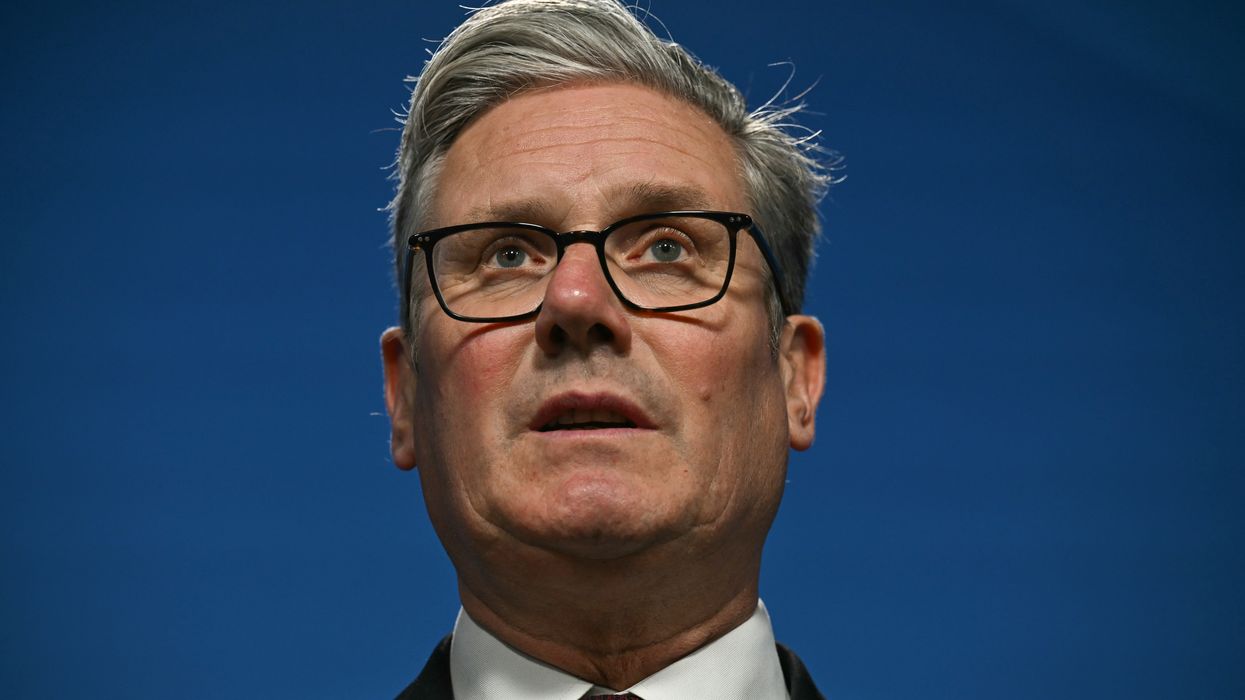Do not expect any parties in Downing Street to celebrate the government’s first birthday on Friday (4). After a rocky year, prime minister Sir Keir Starmer had more than a few regrets when giving interviews about his first year in office.
He explained that he chose the wrong chief of staff. That his opening economic narrative was too gloomy. That choosing the winter fuel allowance as a symbol of fiscal responsibility backfired. Starmer ‘deeply regretted’ the speech he gave to launch his immigration white paper, from which only the phrase ‘island of strangers’ cut through. Can any previous political leader have been quite so self-critical of their own record in real time?
This unconventional approach could be a reminder of Starmer’s best quality: that he is the antithesis of US president Donald Trump. Trump has a narcissistic need to be the main character, a hyperactive addiction to conflict, the attention span of a toddler and no interest in policy substance beyond the television and social media optics. So Trump is the disruptor in chief of global trade, security and the US constitutional order. Given a binary choice, it is infinitely better to have the serious sobriety of Starmer, trying to cooperate with allies to limit Trump’s chaotic contributions to increased insecurity.
Yet, it is a contrast that could be taken too far. Trump realises that politics is about what you say as well as what you do. What Starmer is palpably still missing is a clear public story of what his government is for. This was partly a matter of choice. A gritty public mood has little appetite for new visions, unless shown tangible progress first. It reflects the taciturn character of the leader too. Yet the issue is not simply one of communication. The challenge of finding a narrative reflects uncertainty about the strategic direction of the government.
Judged by its actions, this is a centre-left government. It has made many decisions that the previous Conservative government would not have taken. It changed the fiscal rules, borrowing much more for investment. Despite the constraints of its manifesto pledges on most taxes, it did raise taxes so as to have more to spend on the NHS, and on housebuilding. The government is committed to higher defence spending, and also to net zero, to closer UK-EU relations, within the ‘red lines’ which Labour set out, as it takes care to check if it can take the public with it. It will work with multilateral institutions, rather than quitting treaties and conventions. If this is a centre-left government in its deeds, it may prefer to self-identify as something else, without quite managing to articulate what that is.
So this has been a very tactical government, which has changed its mind about most of its tactical choices. The Comprehensive Spending Review was intended as a reset moment, in giving the government clearer priorities, though it has been challenging to make the numbers add up. But the parliamentary rebellion over its welfare bill could prove a more significant turning point. A government which won a landslide had lost its majority once 125 of its MPs - a majority of the backbench - declared they were unable to pass a government bill without a significant change. This was about the substantive impact of heavy income losses for disabled people - and the lack of a rationale beyond saving money. This rebellion is also about the political strategy of the government. Much of the parliamentary group seem diminishing returns in actively picking fights with progressives who Labour will need to keep the populism of Reform leader Nigel Farage out.
Can Starmer fix his government? The prime minister is 62 years old. He cannot change his personality or working style, not metamorphosis into a visionary speech-maker. There is little point in advisers inventing hypothetical strategies - such as choosing to present Starmer as a radical insurgent, rather than the sober incumbent, which cannot fit with the prime minister they have got, and his gradualist agenda for long-term change. Yet Starmer could use his evident capacity for self-reflection to identify feasible changes. He needs to repair how his Downing Street operation makes decisions - and now knows that backbench support is not unconditional.
Facing a fragmented opposition, Labour’s chances of re-election in four years time may be underestimated. Yet most of Labour’s tactical mistakes have come from trying to run a permanent election campaign in government, four years early. The government needs to govern to generate the substantive record and future agenda it would defend from the populist right in 2029. Australia's Anthony Albanese, who faced many similar criticisms to Starmer, bounced back to get re-elected, though the Canadian Liberals changed leaders to defeat the right. How many years Starmer has left in Downing Street is anybody’s guess. This time next year, he would need a stronger story to tell.

Sunder Katwala is the director of thinktank British Future and the author of the book How to Be a Patriot: The must-read book on British national identity and immigration.





